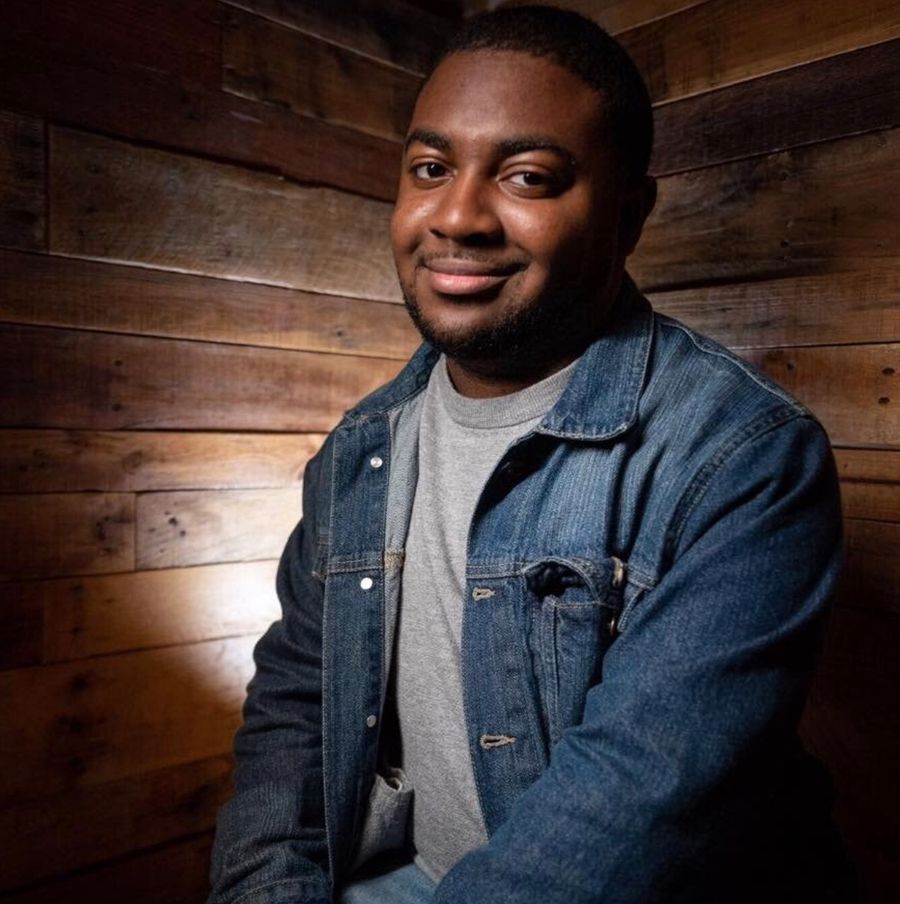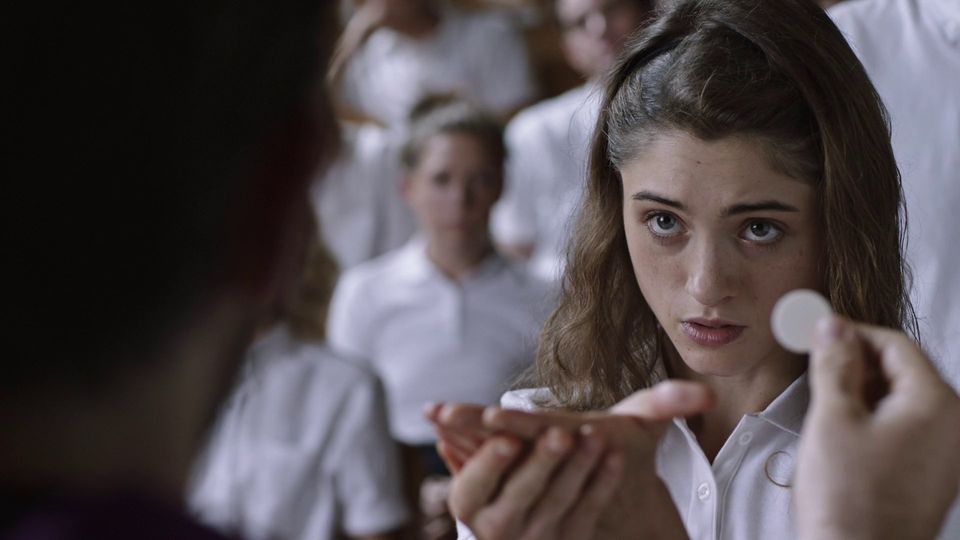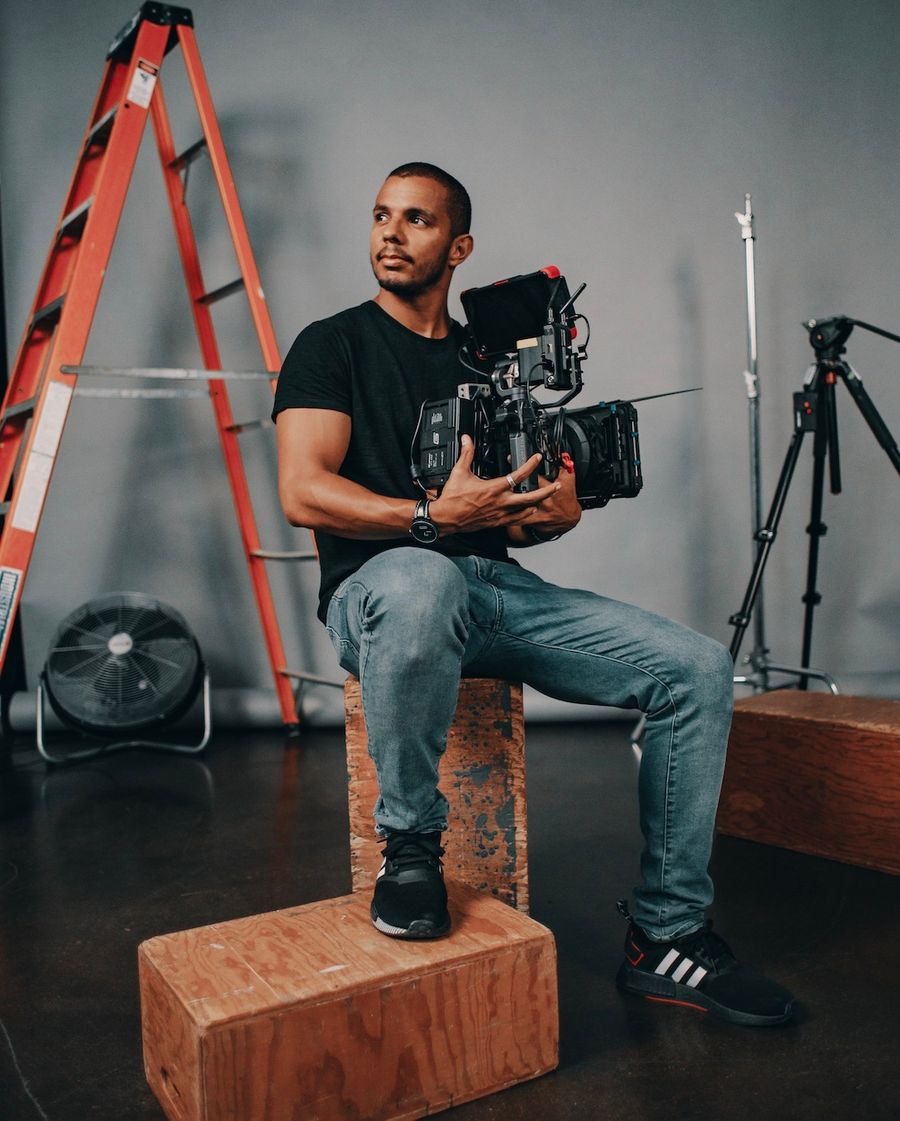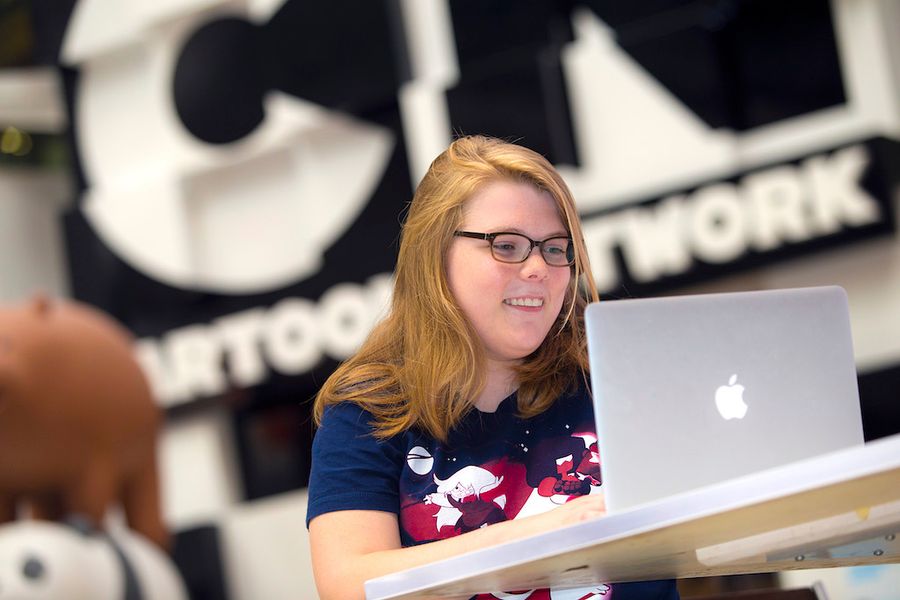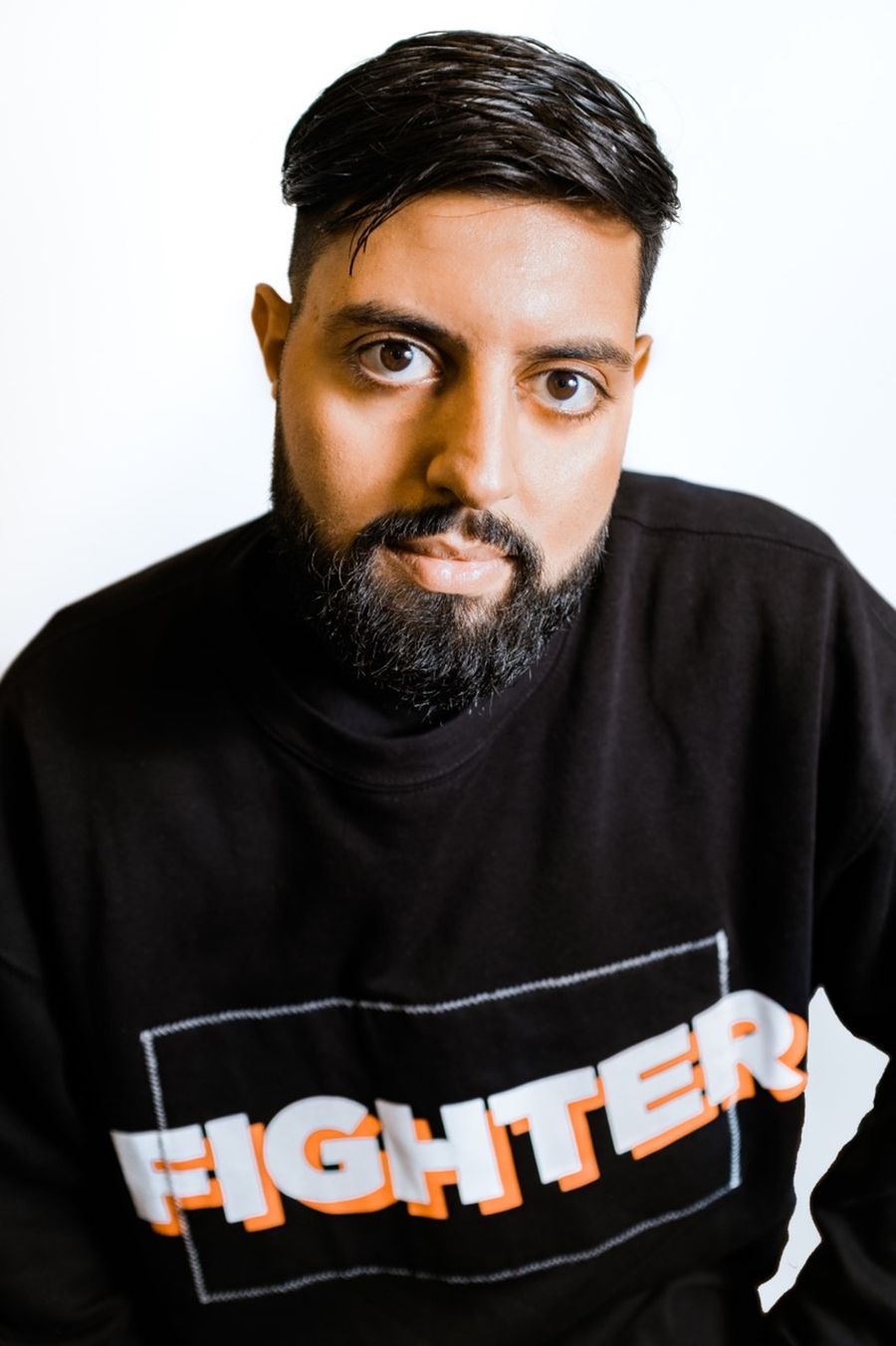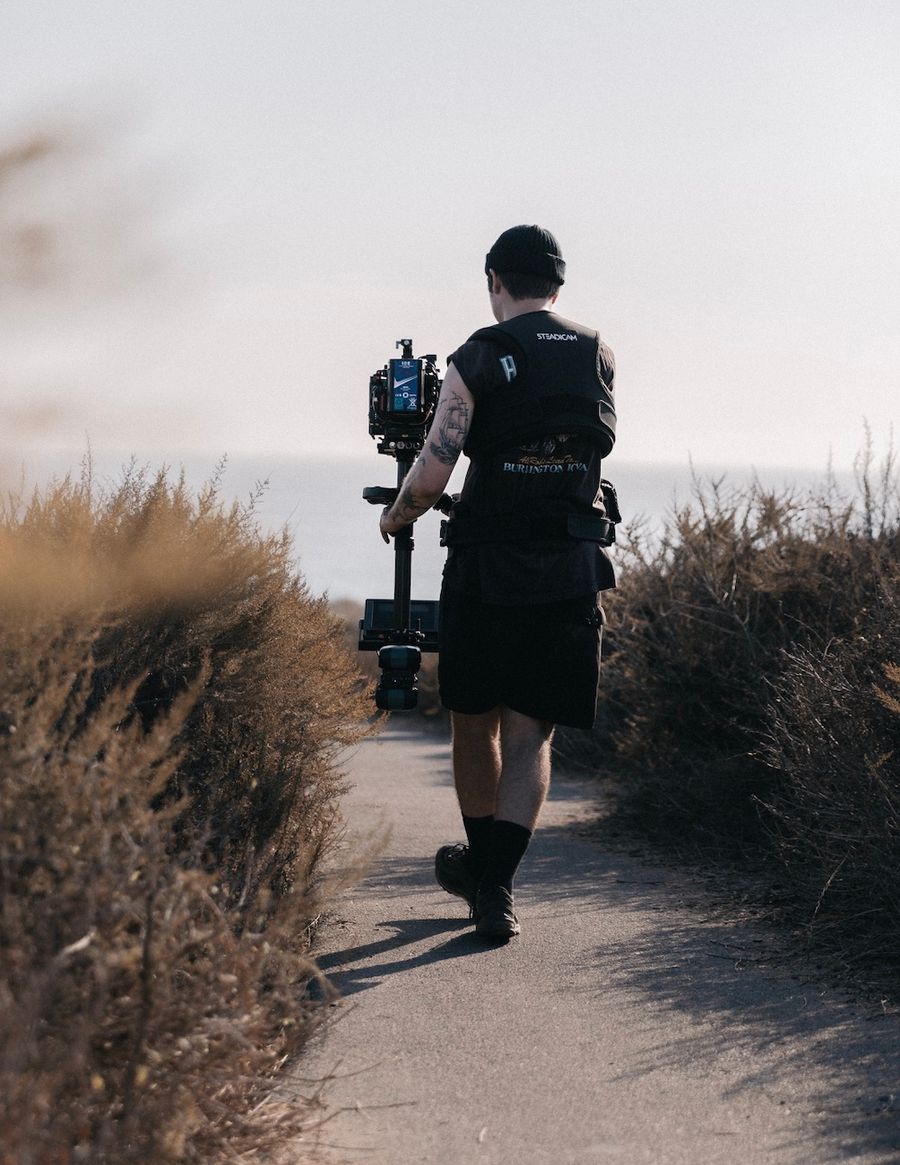Cover photo credit: Yes, God, Yes / Courtesy of Maiden Voyage
Picture this: Your screenplay is complete, you’re contacting friends and colleagues to join your film crew, you’re ready to get behind the camera. Only issue—well major issue—is that you don’t have enough funds to bring your independent feature film to life. Getting your first feature production financed is a difficult feat for most filmmakers today. In this digital age we live in today there are so many means of getting your film financed ranging from competitions to crowdfunding. It’s overwhelming, to say the least.
With so many questions regarding where to begin exactly, we chatted with directors Karen Maine (Yes God Yes) and Sonejuhi Sinha (Stray Dolls) who share their personal experiences in getting their features funded. Consider this a crash course on how to get your indie film financed.
1. How you receive funding varies depending on who you are, where you are, and what story you want to tell.
KAREN MAINE: I feel like the road to funding is always such an unique experience for everyone. I wrote the [Yes, God, Yes] feature script first. And the original plan was that someone else would direct it because I didn't have any directing experience. But a good friend of mine was like “you should direct this.” So obviously in order to do that, we had to make a short film first because I haven't directed anything and no one in their right mind would give me money. So we did the short film version first, and luckily my producer was able to finance at least just the short.
SONEJUHI SINHA: It all started with the short film which premiered at the Cannes Film Festival in La Semaine de la Critique in 2015. I started to realize that Stray Dolls was gonna be the US financing track because I was a US filmmaker, and the film is set in the US. While the Cannes contacts were valuable, they weren't gonna be specifically valuable for Stray Dolls in terms of financing. So I applied to several grants in the US. We got the Jerome foundation development grant and we got Tribeca All Access development grant, which also comes with a bit of a networking lab for financing. Then I did the Tribeca Financing Lab and started to go through the US based producers and financiers there. They kind of do like a speed dating type of session with several people and sometimes even sales agents, who come on board to a film early on because they feel like a star is attached. But I realized that the main characters in my film were not going to be huge named stars, so the search continued.
2. Reach out to people you can genuinely connect with.
KM: I worked in a book publishing industry in the editorial department for 10 years so I know how networking works. It's basically like just making friends. It's not just about the work, it's about connecting with the person or asking if that person has a personal connection to it in some way. It's also subjective. If you're going to find a way to get your feature film financed, you're gonna have to be okay with hearing “no” a lot or people being like, “We think it's there but maybe if you do another draft then we’ll finance it,” after you’ve already written 400 drafts. Yes, it's an uphill battle, but once you get it and establish a good relationship, you're in it.
SS: To narrow down the search [for a financier], I just looked at anybody who was like me, someone who had a short film at Cannes and was a US filmmaker like me. I even watched independent films coming out of Sundance, Toronto, Cannes, and the Executive Producer list, seeing if I had a connection to them. It’s up to you to really identify what similarities your film has to another independent film which was financed recently.
Let's say a filmmaker is making an immigrant story and I'm making an immigrant story. How did he make that immigrant story with no big stars? Break down how somebody else did it and look at their Executive Producers. You often find that you know somebody who knows an EP, which makes it easier to start off on common ground. It's like going on match.com or something.
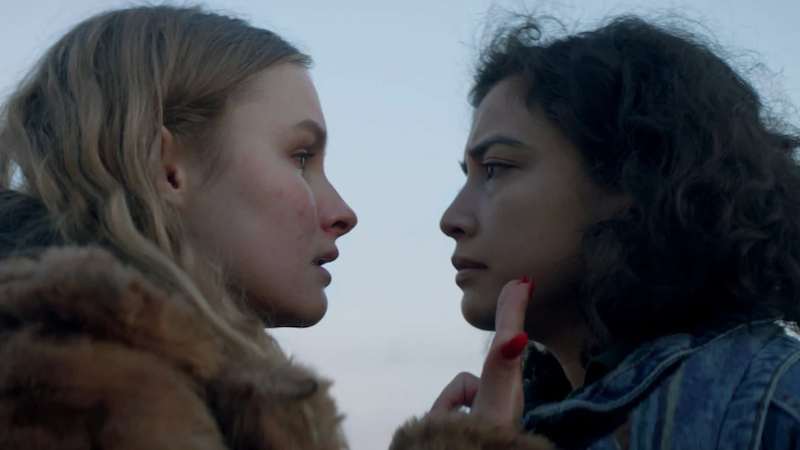
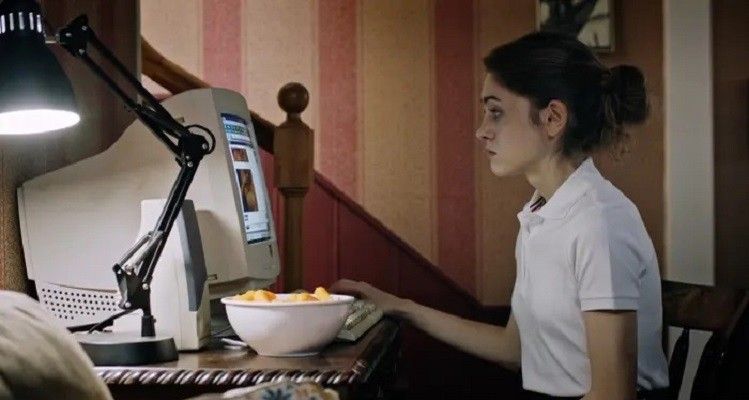
3. Consider filming a short version of your feature as a proof of concept.
KM: If my short hadn’t become popular, I wouldn’t have gotten my agent and I wouldn’t have gotten the financing. Unless you're like a name, no one's gonna just fork over a bunch of money for you to make something. Feeling the tone of a project is so hard to get across just in a script and your idea evolves when you actually try to make something visual. With the short, people can really see what this was going to be. I read a review today that went, “All Karen Maine had to do was add 67 minutes to her short film to make the feature.” But I know that’s not what happened. It was always a full feature film.
SS: It’s especially hard to find the right link to the financier who is willing to bet on an independent film, given that nowadays in the market, it's so hard for an independent film to break into the mainstream. I think shorts are an amazing way to not only practice your craft as a writer-director, but to expand on the world and characters. The short doesn’t even have to be a scene in your movie. It’s just a great way to show people what you can do.
4. Tap Into Your Community, Online and Offline
KM: The short got a lot of hits on Vimeo and it trended on Reddit which was really funny. I think because it trended and it was so big, I got an agent at WME. After trying to get financed for a good 12 months, one of my agents there put it in front of Chris Columbus. He and his daughter have a production company and they decided to finance it. We got really lucky.
SS: I come from an editing background so I used to work for an editing company called Final Cut. It's an editing company based in New York, LA, and the UK. Because I was a senior editor there, I had great relationships with the founders of the company and I brought them on board to become equity partners on the film. That just means that their contribution covered post production, which in the budget of an independent film can easily range from $30k to $120k. So their contribution covered about 20% of our budget.
5. Never underestimate the power of the cold-email.
SS: I looked up the person who ended up being our financier after a friend recommended him. I reached out to him through email and essentially said, “I had a drink with my friend who recently said that he's working with you guys and collaborating with you. I had my film at Cannes along with Kevin. I wonder if you want to take a look at my short film and my script for the feature.”
It was totally just one of those emails that typically gets ignored. But the financier wrote back immediately and he was like, “Oh my God we love Kevin. We'd love to check out your short!” Within days, they checked out my short and read my script and felt that it was an instant connection for them. After they were on board, it was important to create a sense of collaboration with them. For example, they really wanted us to work with one of their producers that they work with all the time. And so we said, “Yes, great, we'll meet him. Like let's try to make all this happen.”
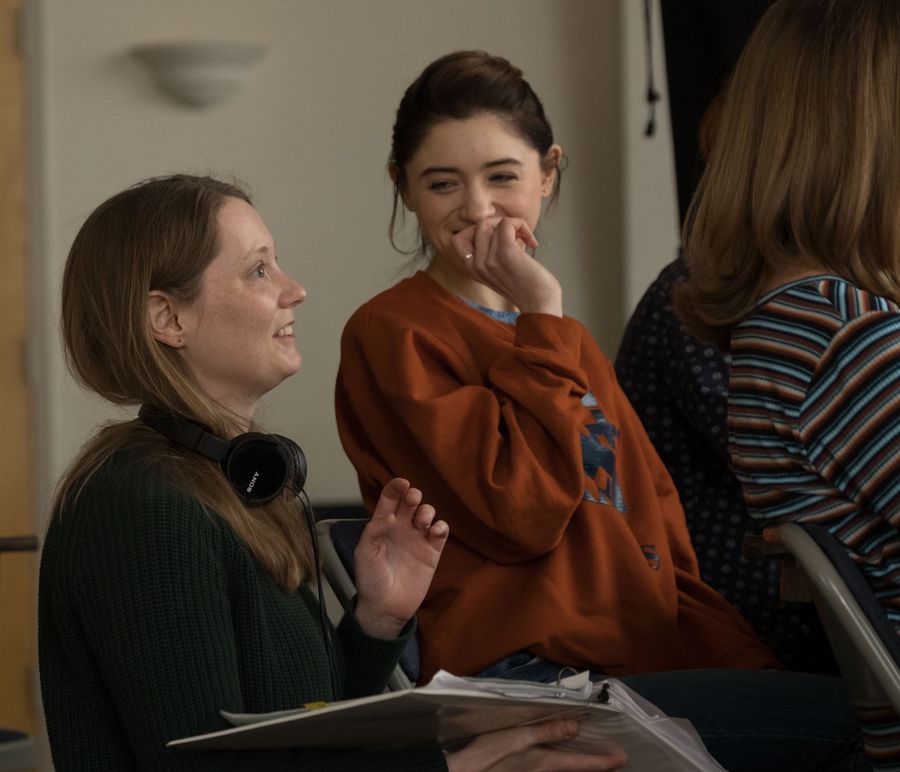
6. Don’t rush. Secure the bag before getting into production.
KM: So at TFI Network, we got a grant from Panavision and Light Iron which was an amazing grant that was $120,000 of in-kind services in equipment. It wasn’t cash, but it's stuff that you obviously need to make a movie. That lowered our budget. Then Maiden Voyage, which is Chris and Eleanor Columbus’ production company, came on board with RT Features. Getting into production took about a year because we couldn’t start pre-production until we had enough money to get our cast to Atlanta and hire our crew.
SS: I would say that once you have some development money, you can start having informal conversations with people you might want to work with. I think when the financing really comes together, that's the point when you can start looking and hiring people and hiring a line producer. Then you can start building a crew and booking the crew for the time period of the shoot. We got the financing in August 2017. We were still signing papers in September. Then we had six weeks of pre-production starting in October/November and then we were shooting by mid-November.
7. The road to financing can be long and winding. Just keep hustling and remember your “why.”
KM: We tried many ways to finance the film that didn’t work. Tribeca Film Institute has a thing called the TFI Network where you essentially speed date with your project and meet a bunch of mostly financiers and production companies. We probably had like 55 meetings in two days and no financing came from it. There were lots of other experiences where we meet with people and they say, “No thanks,” or, “We like it or we love it so much but it's not right for us.” It's definitely like a marathon. I started writing the feature in 2014 and it's coming out in 2020. I know people who've waited a lot longer.
Just be persistent because you're probably gonna get a lot of rejection. And that's just how it works unfortunately, but it's good in the long run because it makes you stronger and more confident in what story you want to tell.

Karen Maine’s Yes God Yes is now available across all VOD platforms (Amazon, iTunes, YouTube, and more), and virtual cinema outlets.
Sonejuhi Sinha’s Stray Dolls is now available to rent and purchase on all major VOD platforms (Amazon, iTunes, YouTube, and more).
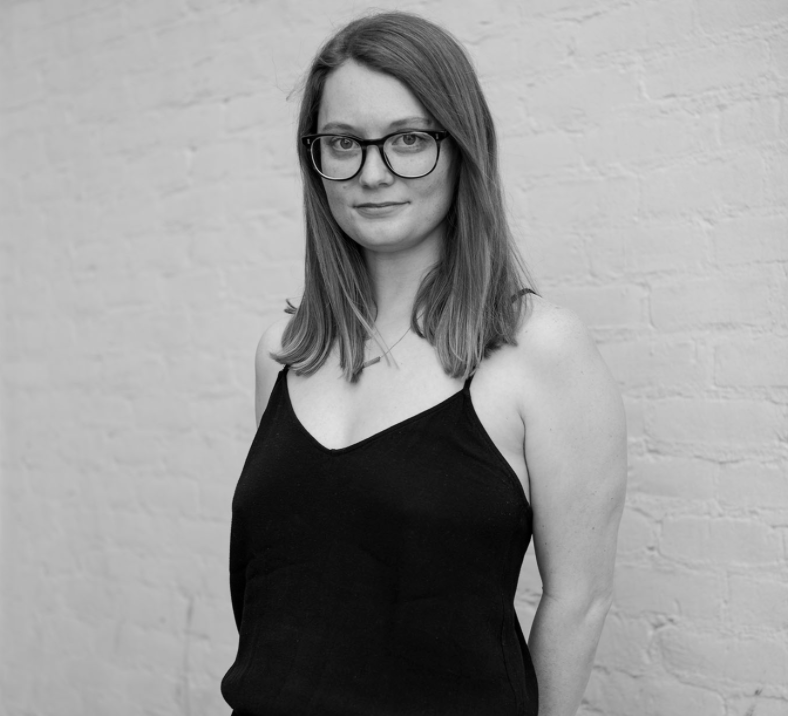
Karen Maine
Karen Maine is a writer, director, and actress. She is known for Yes, God, Yes (2019), Obvious Child (2014) and Obvious Child (2009).
Sonejuhi Sinha
Sonejuhi grew up in Northern India until the age of thirteen. After a short stint at a British boarding school in the Himalayas, Sonejuhi packed her bags to join her parents in New York City. Sonejuhi got her start in the industry working as a commercial film editor for the internationally renowned editorial company Final Cut. She has edited several commercials for high profile campaigns such as Keep a Child Alive and Stand Your Ground, which garnered recognition from ADcritic, Creativity, and Huffington Post and won Gold Lions at Cannes. Sonejuhi has worked alongside acclaimed directors such as Harmony Korine and Spike Jonze. She produced and edited These Birds Walk and Homegoings, two award-winning documentary feature films that played at several festivals, including SXSW, Full Frame and True/False, and garnered several international awards including Best Doc Award – Abu Dhabi. Sonejuhi’s directing career began with a narrative short film, Love Comes Later, which was one of ten short films accepted to the 2015 Cannes Film Festival. Sonejuhi was one of five 5 directors from all over the world chosen to do 5 films on child abuse. Sonejuhi wrote and directed Miles of Sand, a film that garnered attention around the world. Sonejuhi was selected for the prestigious Shoot New Director’s Showcase in New York and participated in Tribeca Film Institute’s prestigious Through Her Lens program where she was mentored by Dee Rees, Catherine Hardwicke, Rashida Jones among others. Her feature narrative Stray Dolls, a Crime / Drama starring Cynthia Nixon, Rob Aramayo, Olivia Dejonge and Geetanjali Thapa, is listed in Filmmaker Magazine’s most anticipated films of 2018. Sonejuhi’s work has been featured in Filmmaker Magazine, Huffington Post, Indiewire, Hollywood Reporter, New York Times, Variety, Bright Ideas Magazine to name a few.

